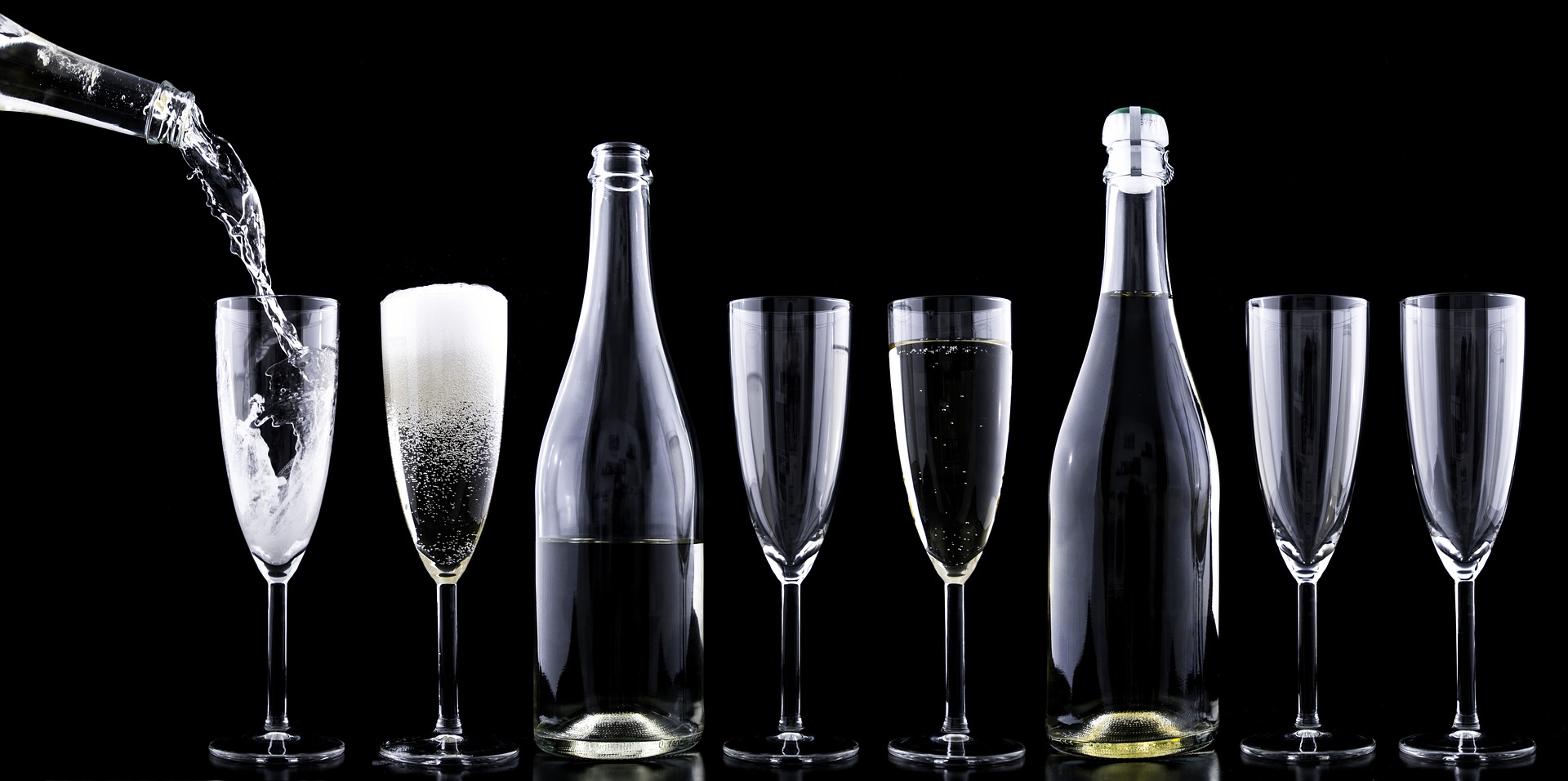Tag: Non-Alcoholic

The Advantages and Disadvantages of Non-Alcoholic Spirits
Spirits are traditionally defined as alcoholic beverages that have been distilled instead of undergoing fermentation. Hence, it sounds wrong or illogical to put the terms “non-alcoholic” and “spirits” together. However, there are indeed non-alcoholic spirits sold on the market. These specialty drinks also claim to offer benefits without a significant change in taste. To clarify, though, being non-alcoholic does not mean the complete elimination of the inebriant content. Drinks are considered non-alcoholic as long as their alcohol content is lower than 0.5%. These drinks may also be referred to as “virgin drinks,” which can be juices, ready-to-drink coffee and tea, wines, beers, and soft drinks. The Advantages and Disadvantages of Non-Alcoholic Spirits: Advantages: The elimination or significant reduction of alcohol creates a number of benefits. Alcohol has long been identified as a damaging substance for the body. It can cause liver disease, pancreatitis, cancer, ulcers, and other gastrointestinal problems, damage to the brain, osteoporosis, immune system degradation, and malnourishment as alcohol prevents the regular absorption of vitamins and minerals. Of course, there's also the distinct advantage of not having a hangover. Alcohol is responsible for the unpleasant feeling that includes headaches, vomiting, fatigue, nausea, dizziness, shakiness, and stomach pain. Drinking an alcohol-free alternative to beer, wine, or liquor means that you will not have to suffer the unwanted after-effects. On the other hand, there have are claims that non-alcoholic alternatives to the usual alcoholic drinks can be good for the cardiovascular system and overall health. One specific research to this regard is the study published in the journal Nutrition, which involves Spanish nuns who drank non-alcoholic beer for 45 days. After doing a blood test, the researchers found that the nuns had elevated levels of antioxidants in their bloodstream. This was limited research, though, so it cannot be regarded as conclusive. Nevertheless, it's good to know that switching to non-alcoholic alternatives can create a positive impact on health. Disadvantages: The main disadvantage of spirits that are considered non-alcoholic is the experience; they don’t taste and feel the same. People consume these kinds of drinks because of the “kick,” so they wittingly suffer the hangover in order to get the psychological benefits, particularly the temporary alleviation of negative feelings, stress, anxiety, and shyness. These “benefits” may not sound like real advantages to some, but these are what alcohol drinkers have been accustomed to. They think to take these away is like taking away the purpose of drinking alcoholic beverages in the first place. For those who want to switch to non-alcoholic drinks to recover from alcoholism, consuming beverages that smell and taste the same as the drink being avoided can cause a relapse and craving for the real thing, so be cautious of your own habits. Non-alcoholic spirits are not the perfect solution to get out of alcoholism or to enjoy alcohol without unwanted after-effects., as they obviously have advantages and disadvantages. Consuming them is a matter of individual preference and compatibility. Read Also: Tequila, The Alcoholic Cure-All? Am I Drinking Too Much? 5 Subtle Signs You Are (Even If You Don’t Think So) Is Outpatient Treatment For Drug And Alcohol Addiction Effective? 6 Tips For Feeling Comfortable And Confident On A Date Without Alcohol Not On The Straight And Narrow: 4 Telltale Signs Of Drug Use In Teens
READ MOREDetails















